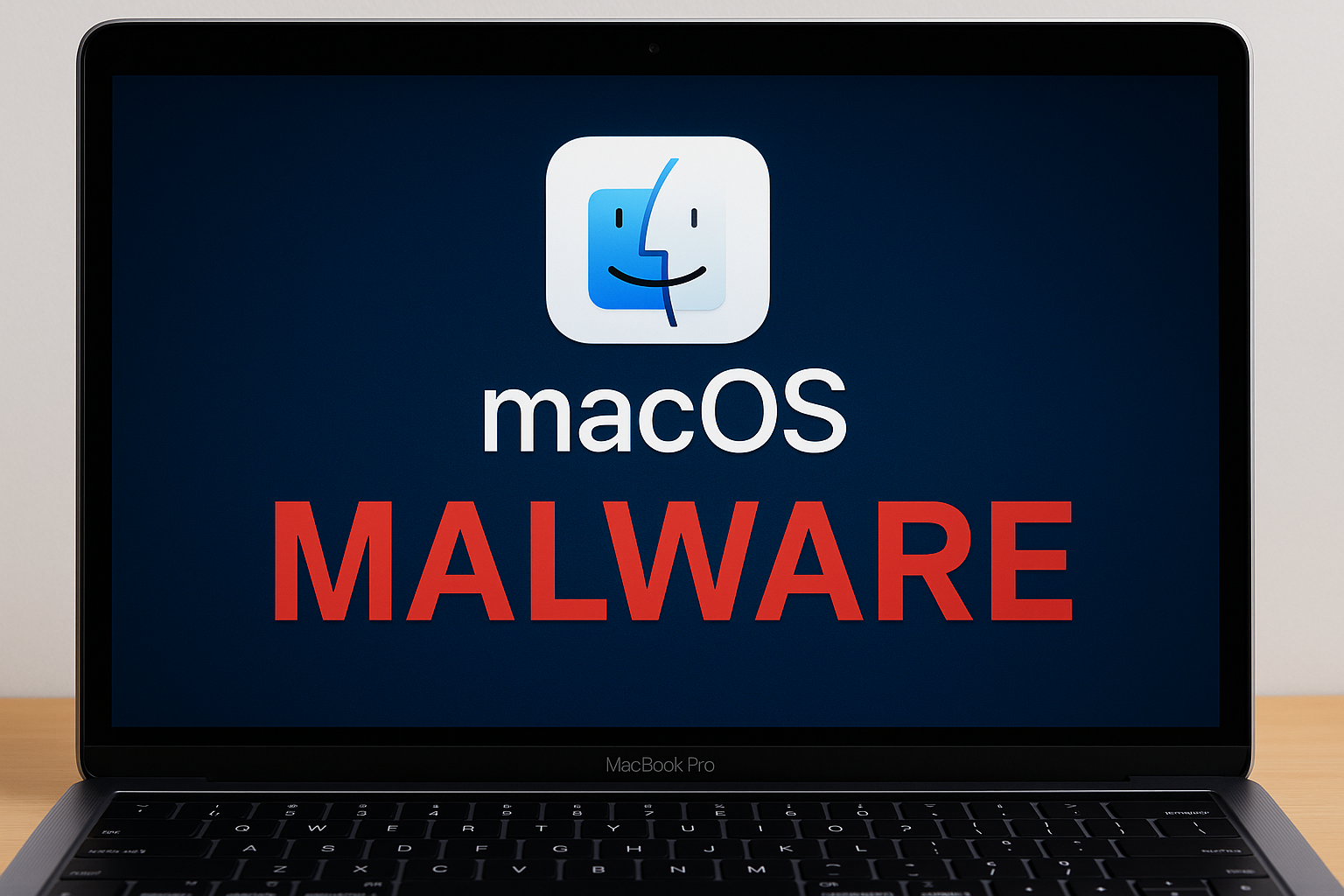macOS
-
WhatsApp patches high-severity vulnerability tied to Apple zero-day in targeted attacks on iOS and macOS
WhatsApp has patched a high-severity vulnerability in its iOS and macOS apps (CVE-2025-55177) that could allow an attacker to process content from an arbitrary URL on a target device, potentially in conjunction with a separate Apple zero-day. Affected versions include iOS and Mac apps; targeted individuals have been notified and advised to reset devices and…
-
Critical Docker Desktop vulnerability could let attackers hijack Windows hosts, researchers say
A critical vulnerability in Docker Desktop for Windows and macOS could allow attackers to hijack the host by running a malicious container, even with Enhanced Container Isolation, tracked as CVE-2025-9074 (SSRF) and rated 9.3. The flaw has been patched in Docker Desktop 4.44.3, after demonstrations of a PoC that could access the Docker Engine from…
-
Apple patches zero-day CVE-2025-43300 after highly targeted attack, urges immediate updates
Apple has issued security updates for CVE-2025-43300, a zero-day flaw in Apple’s Image I/O framework that was exploited in a highly targeted attack; users are urged to install the latest iOS, iPadOS and macOS updates.
-
Vulnerability in macOS Spotlight Exposes User Data
A vulnerability in macOS, known as CVE-2025-31199, has been revealed, allowing attackers to exploit Spotlight plugins to access protected user data, including sensitive files cached by Apple Intelligence. Apple has issued a patch to address the flaw.
-
New macOS Malware ZuRu Discovered Targeting Users Through Legitimate Software
Security researchers have identified a new macOS malware called ZuRu, which propagates via trojanized versions of legitimate software such as Termius. Discovered by SentinelOne, the malware adapts techniques to target users seeking trusted apps, reflecting an opportunistic threat landscape for macOS users.
-
New Malware Campaign Targets macOS Users with Social Engineering Tactics
A new malware campaign is targeting macOS users with deceptive tactics, employing fake Spectrum websites and the ClickFix method to deliver the Atomic macOS Stealer malware. Security experts warn of the evolving threat landscape for Apple users.
-
Cybercriminals Deploy Fake Ledger Apps to Steal Cryptocurrency Seed Phrases from macOS Users
Cybercriminals are increasingly using fake Ledger applications to steal seed phrases from macOS users, threatening their cryptocurrency assets. Reports from Moonlock Lab and Jamf highlight the evolution of these attacks, emphasizing the importance of downloading official applications and safeguarding sensitive data.







